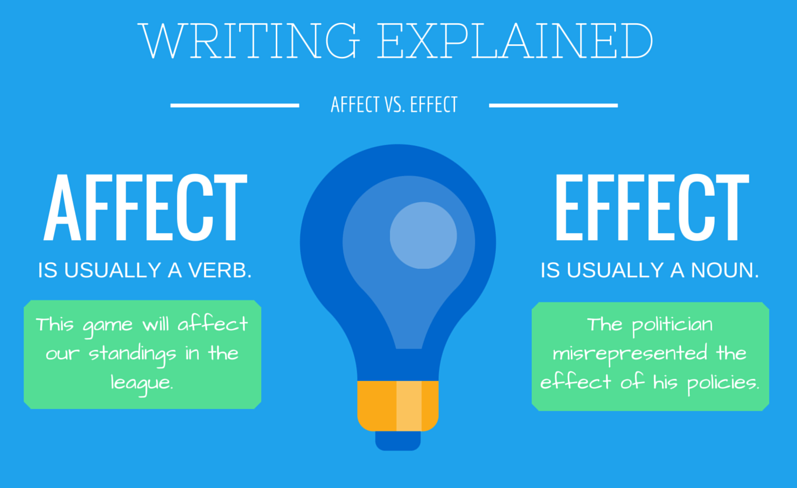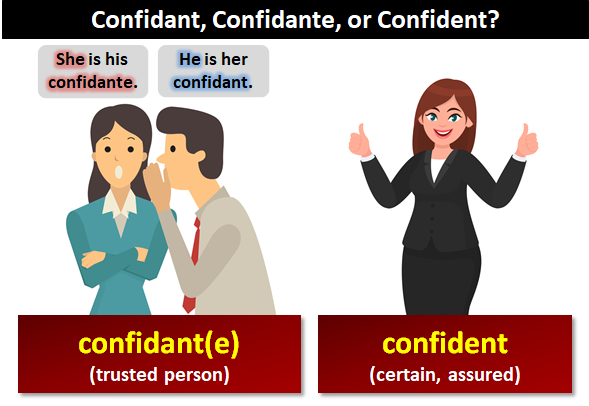The words affect and effect are two of the most commonly confused words in the English language. They’re pronounced pretty much the same, used in the same contexts, and both can be used as both a verb and a noun. So how can you remember the...


The words affect and effect are two of the most commonly confused words in the English language. They’re pronounced pretty much the same, used in the same contexts, and both can be used as both a verb and a noun. So how can you remember the...

Ambiguous and ambivalent are adjectives that are used to indicate uncertainty. However, they are used in entirely different scenarios, even though they share the Latin prefix ambi-, which means “both,” so it is easy to see how they can be...

The words lead vs. led are particularly tricky because sometimes they sound alike and sometimes they don't. Led (which rhymes with red) is both the past and past participle form of the verb lead (which rhyme with deed). The verb lead means to guide, direct, or bring...

Then and than are two commonly confused words with different meanings and grammatical roles. The Meaning of Then Then (pronounced with a short “e” sound) refers to time. It’s typically an adverb, but it’s also used as a noun meaning “that time” and as...

Here are another couple of words that sound and look very much alike yet are very different in terms of meaning and use. Confidant and confident. Although these two words are only separated by a single letter in their spellings, they are miles apart in terms of...

